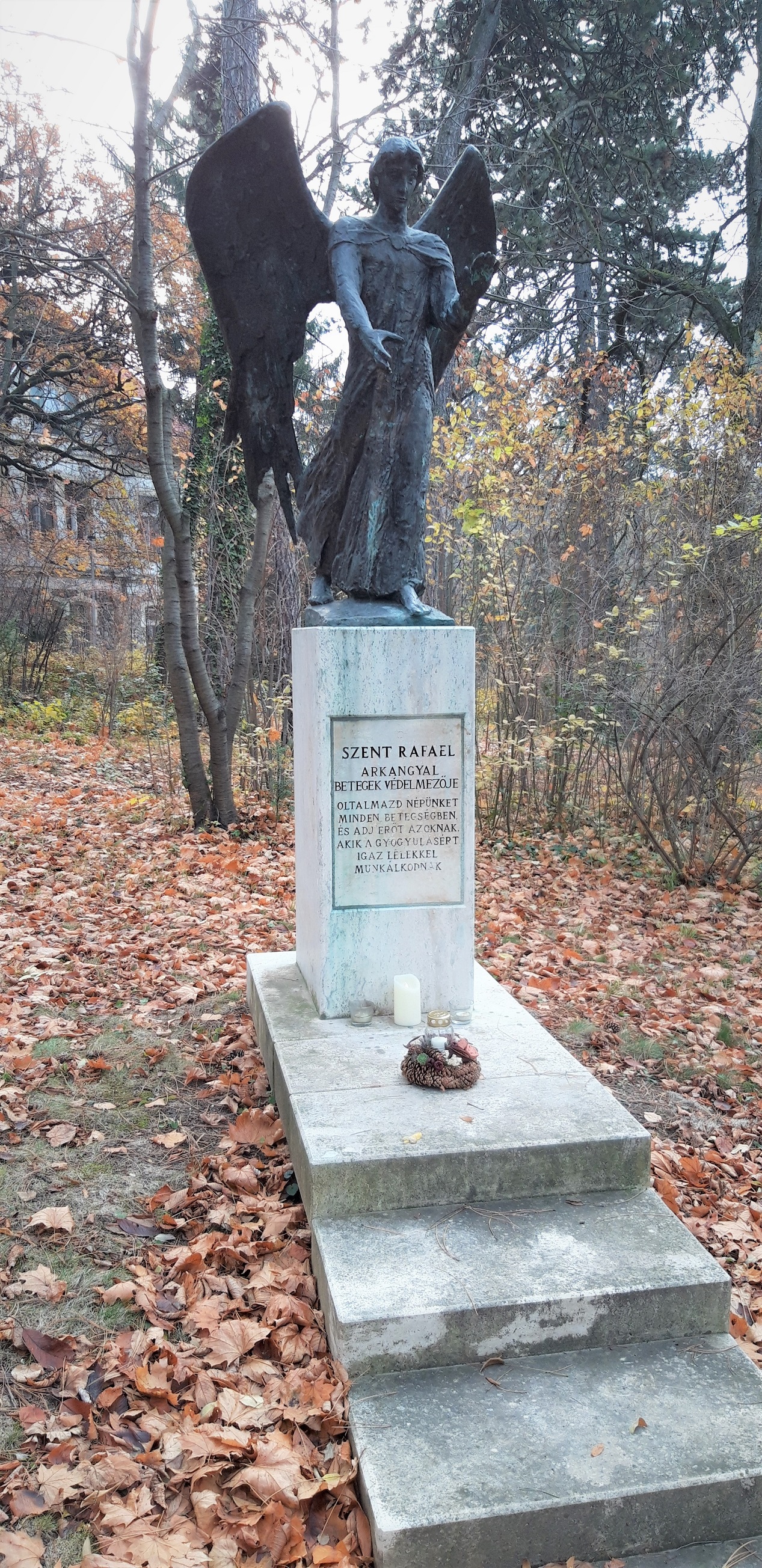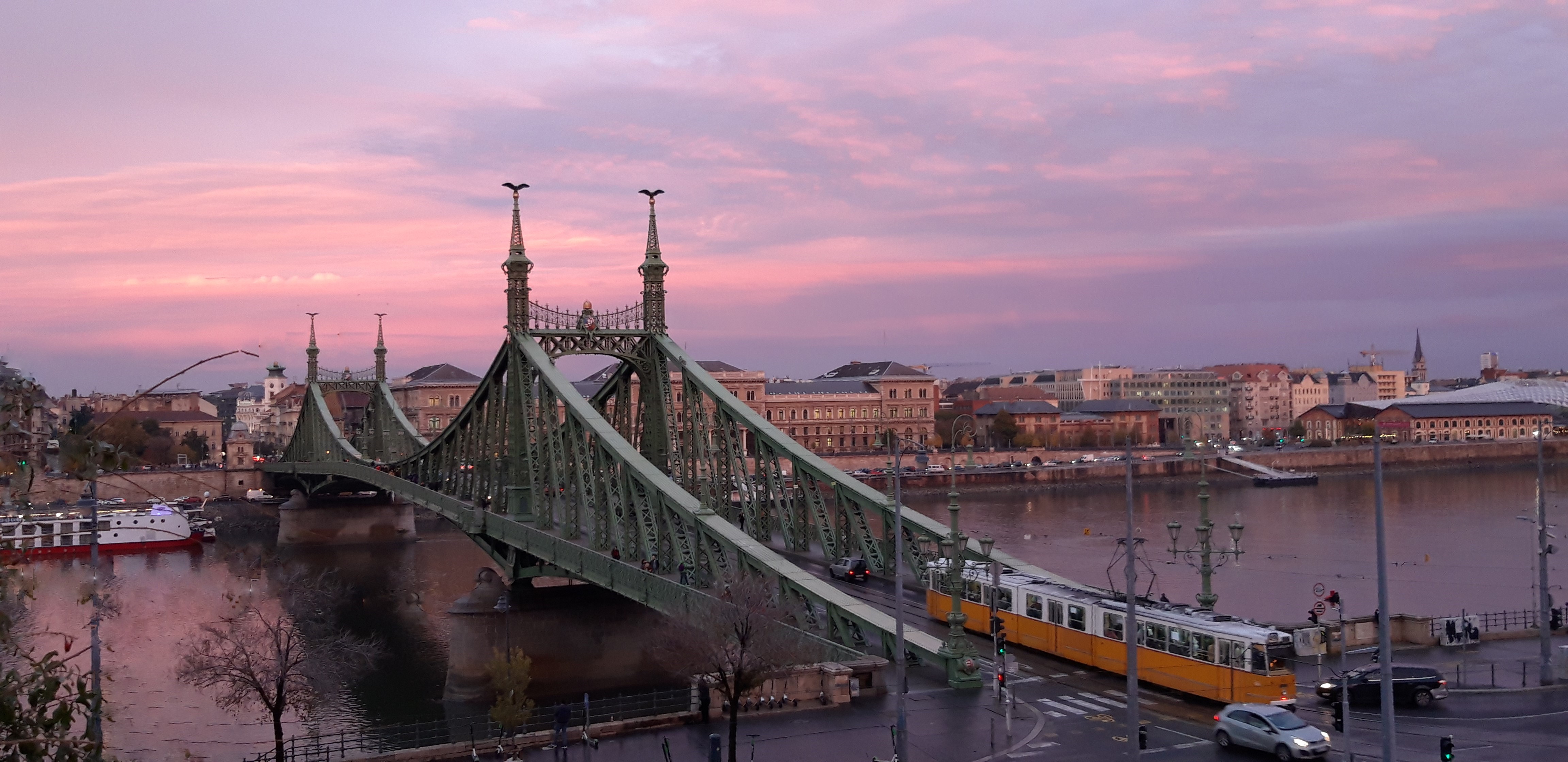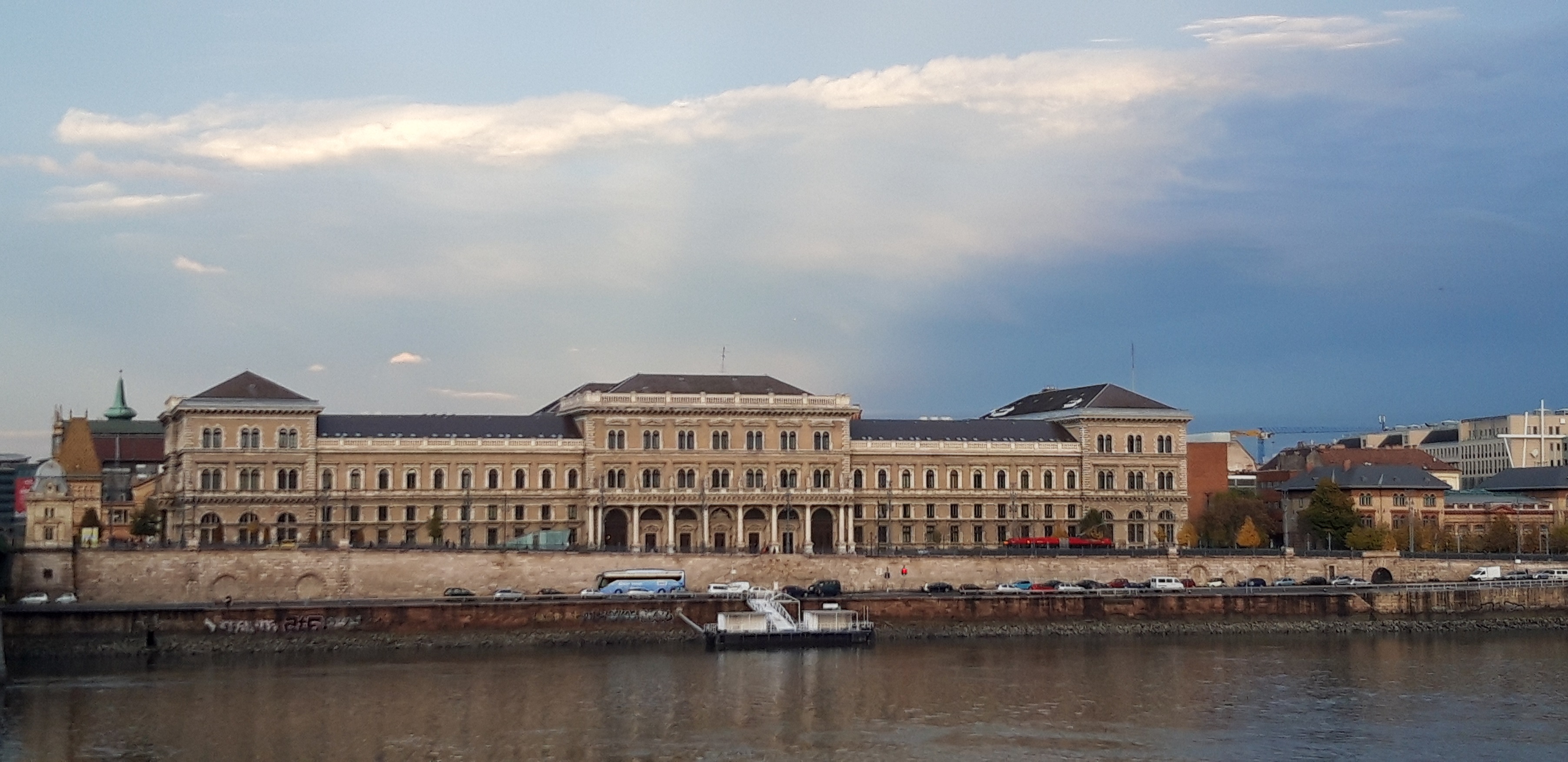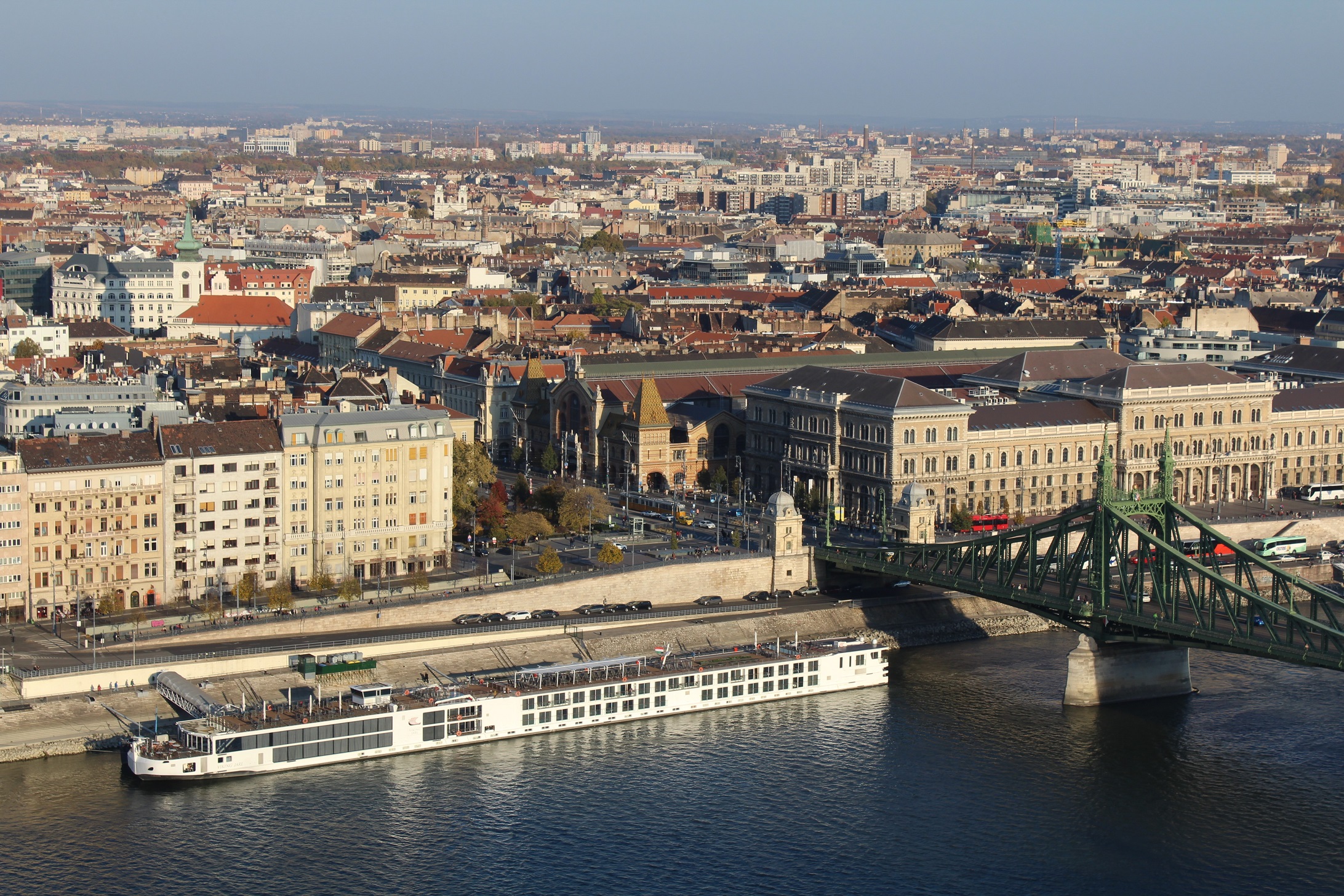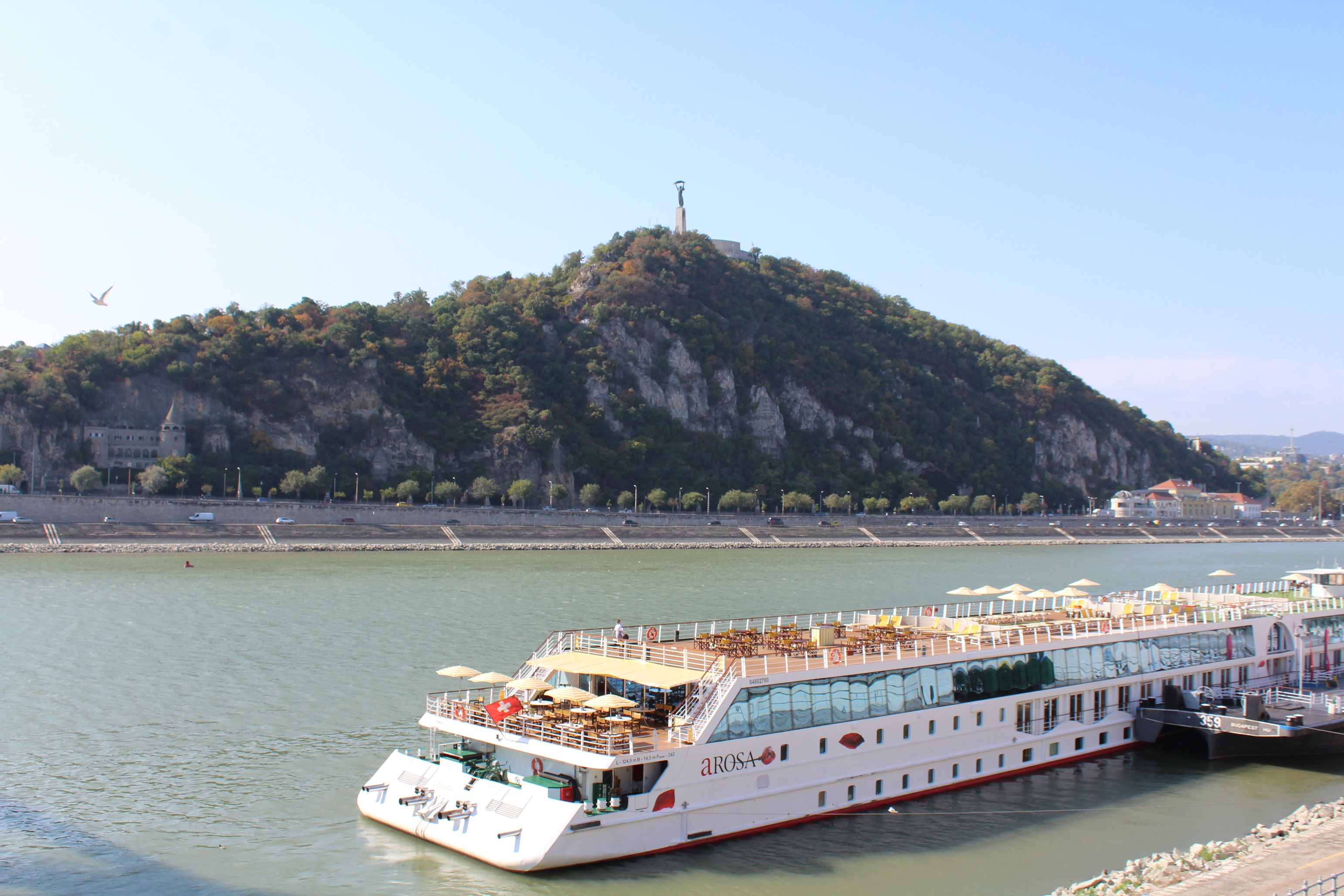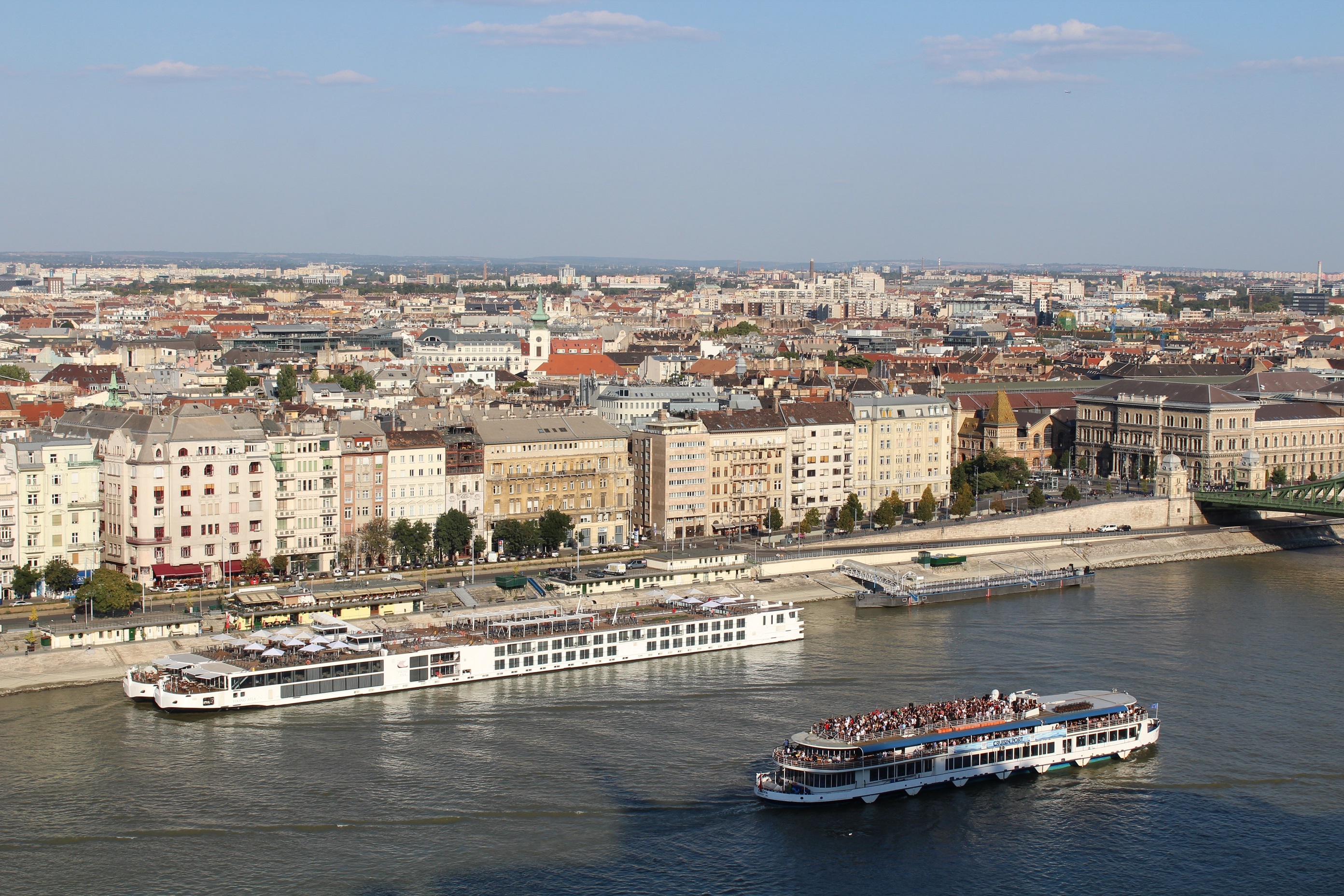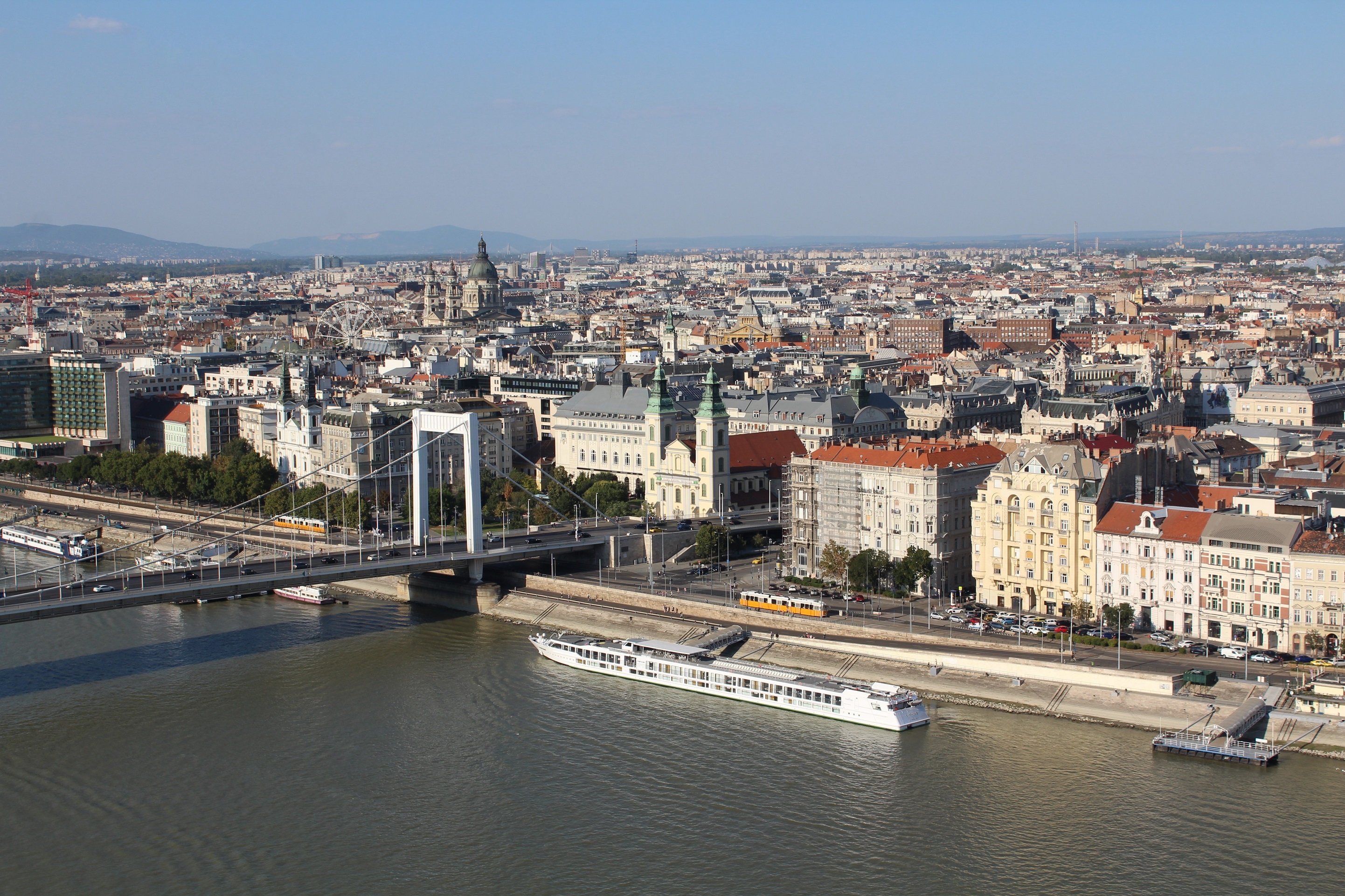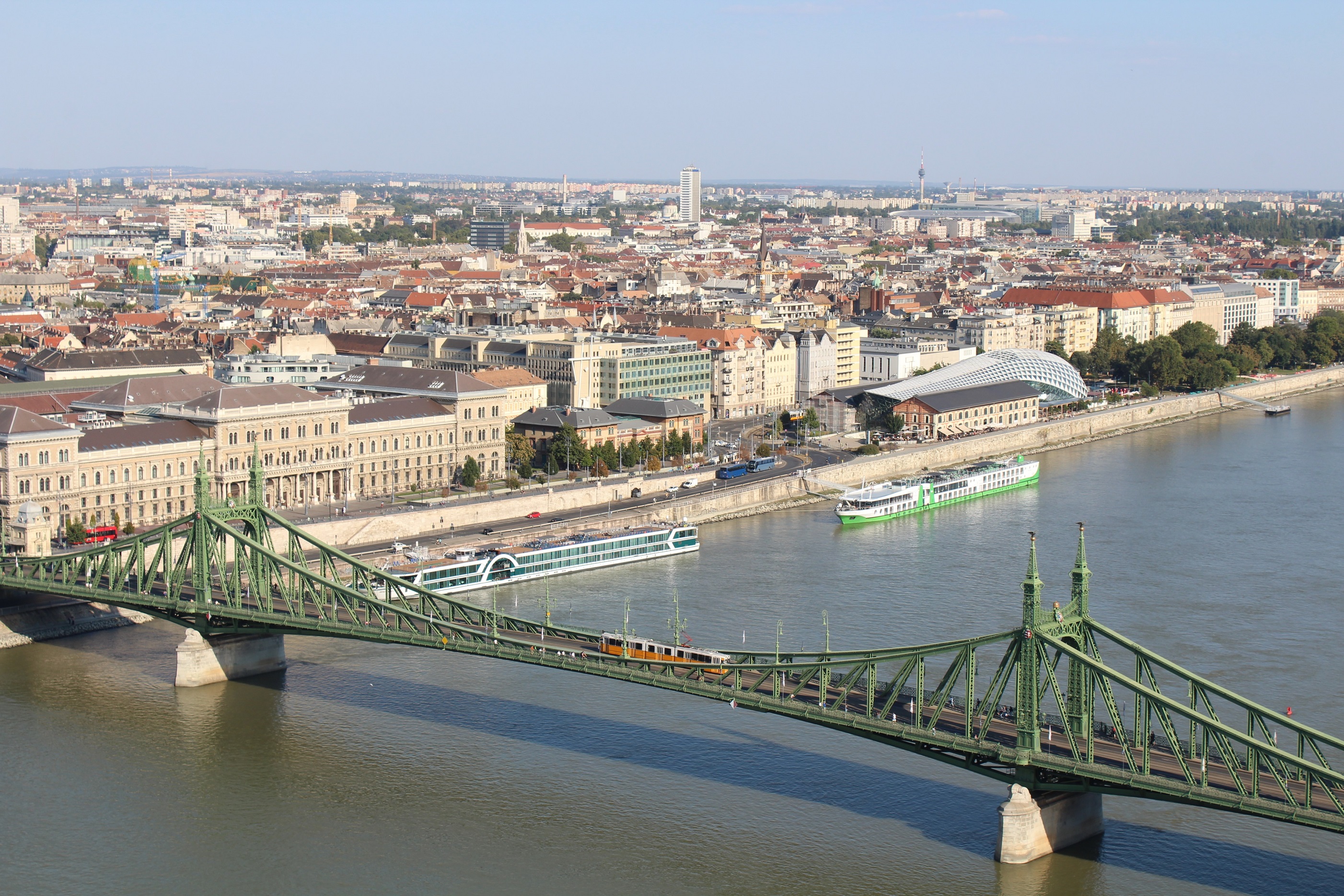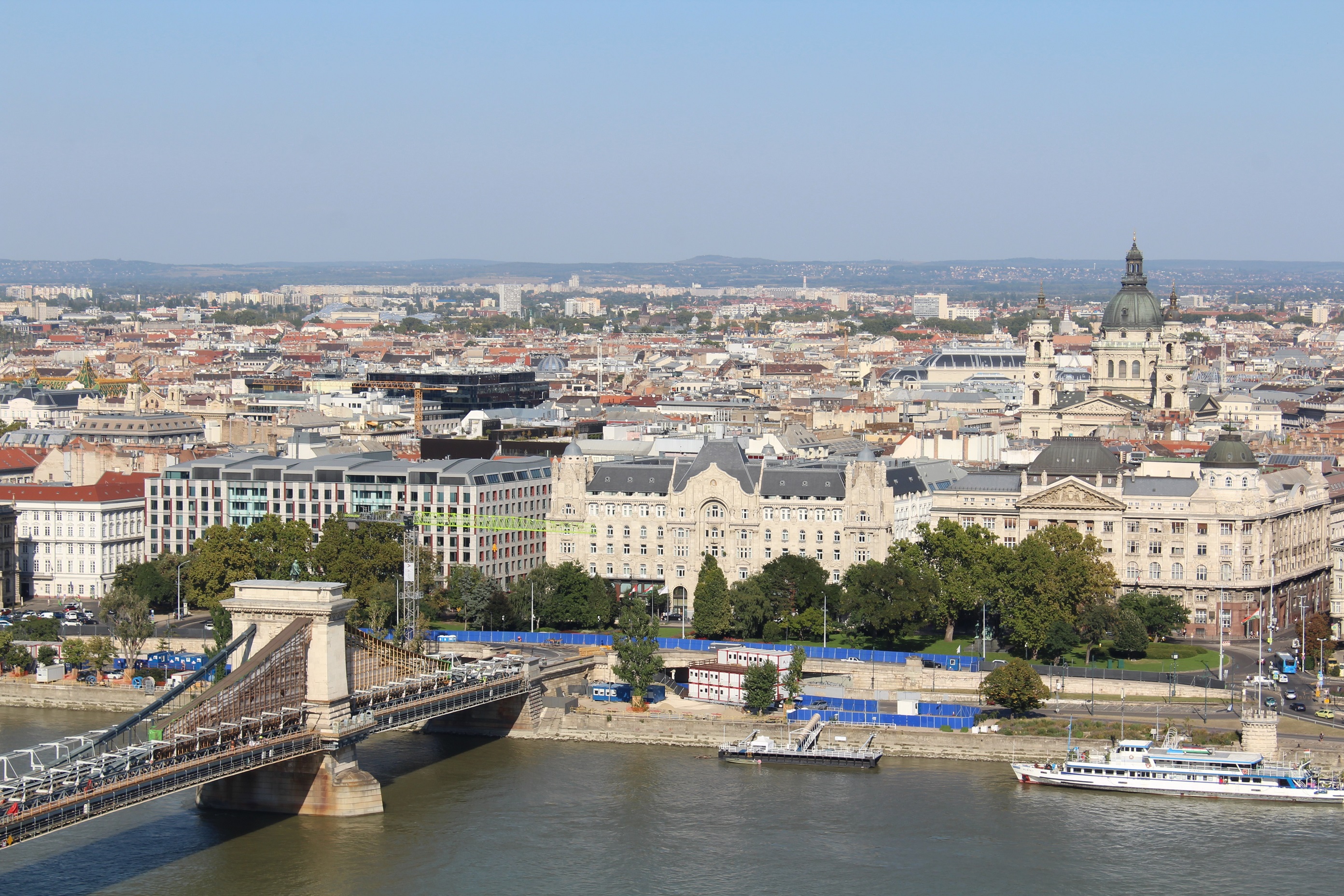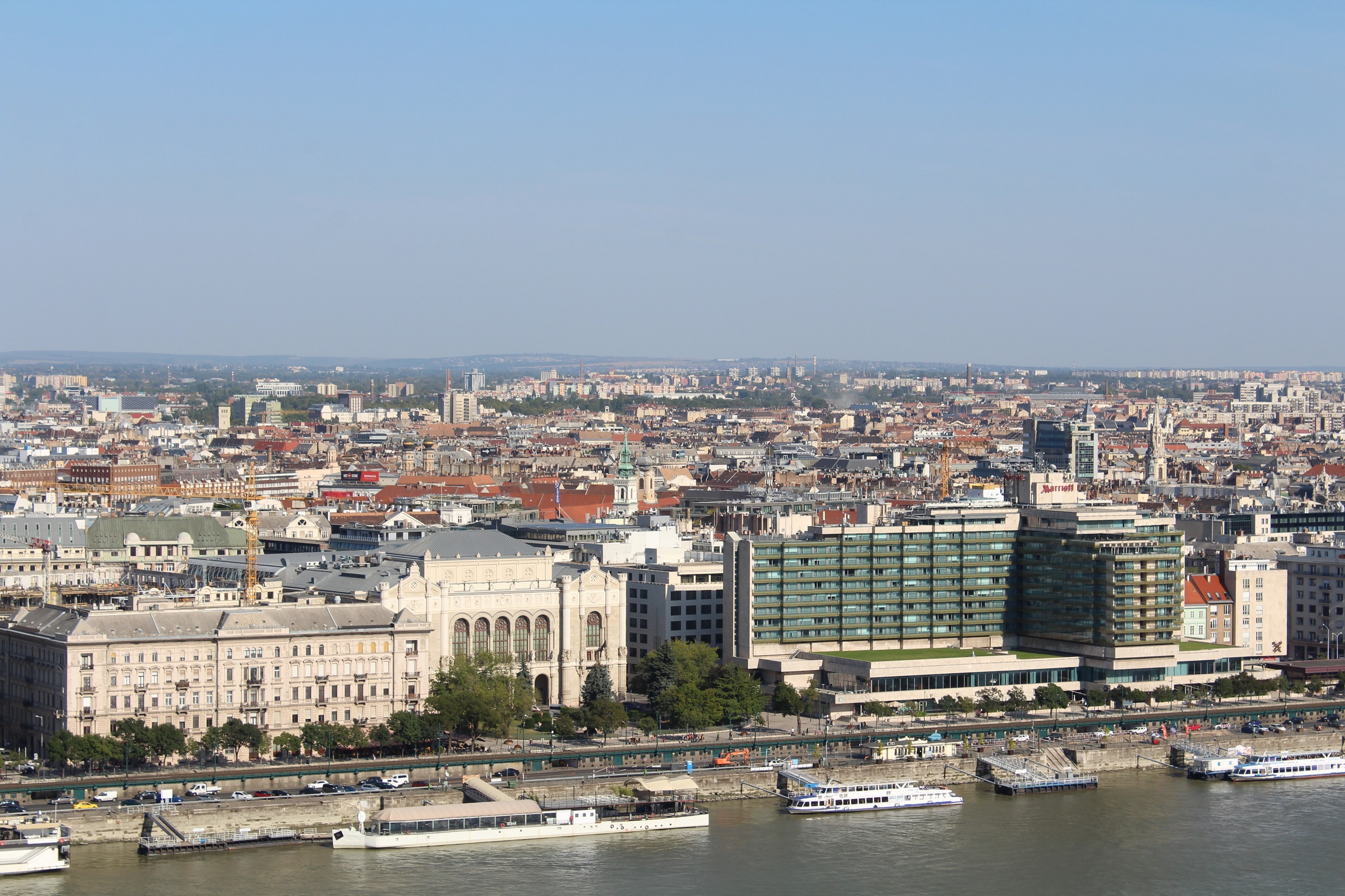.
Hungary
Feb. 2, 2022 The House of Music, Hungary opened at City Park in Budapest. Designed by the Japanese architect Fujimoto, chosen as the House of Music’s architect in an international competition, the cultural center which opened in the museum district of the historic City Park on Jan. 23, offers exhibitions, education and concerts. An interactive permanent show guides visitors through the historical development of Western music; celebrates the contribution of Hungarian composers like Liszt, Bartók and Kodály and traces Hungary’s folk music tradition to its Central Asian roots. One room, painted in the colors of the Hungarian flag, features video displays on the country’s political history and famous athletes, with the national anthem as a soundtrack. The House of Music’s “sound dome,” is a 360-degree film and music experience. It’s glass walls are animated by reflections of construction elsewhere in the park. This new building is mired in controversy. It is the first of several planned buildings that will transform the 200-year-old City Park into a museum district. In 2012, Orbán’s government announced an ambitious plan to transform the park, in disrepair after decades of neglect, into a district of five museums. The estimated cost at the time was about $250 million, but that had ballooned to nearly five times original projections by 2017. A spokeswoman said in a statement that the government had so far spent about $800 million, on the project. Lederer of K-Monitor, an anti-corruption watchdog, said that public records indicate the House of Music alone had cost Hungarian taxpayers as much as $100 million. Critics have said that the government’s plans to develop the old City Park into a museum district disturbs the natural environment, deprives locals of much-needed public space and raises concerns about corruption. In 2016, private security guards clashed with park conservationists at the future site of the House of Music. Those behind the project say the site has always been more than a public park, and that the undertaking is Europe’s largest urban development project. In a speech, Orbán described the transformation as an “unfinished work of art.” The House of Music’s Jan. 22 unveiling took place on the Day of Hungarian Culture, a national celebration. Orbán, unveiling the House of Music, attacked critics of the park’s transformation as leftists who opposed beauty. He added that national election’s in April would be “a period” that would end debate over the future of the park. Hungary’s cities are currently blanketed in political ads featuring Orbán’s main political opponent as Mini-Me from the Austin Powers movies. Orbán’s political machine interprets culture as “something that must be occupied or conquered,” said Nyáry, an author who grew up near City Park. He added: “Do we need a House of Music? I don’t know. I see it’s a beautiful building, and I’m sure they’ll have exciting events, but it doesn’t belong there.” Repurposing the park transforms its function, he said, jeopardizing a valuable natural environment that has served as “the lungs” of surrounding neighborhoods. (Source: TheNewYorkTimes)
Germany
February 2, 2022 Germany's media regulator announced today that it will ban the German-language TV channel of Russian state broadcaster RT, which was previously taken off air in December. "The organization and distribution of the TV program via live stream on the internet, via the mobile and smart TV app 'RT News' and via satellite must be discontinued," according to a statement by the Commission for Authorization and Supervision. Additionally, it said RT cannot "rely on any other permission legitimate under European law." Regulators said that RT did not have the correct license for broadcasting in Germany - and that the channel had not applied for one. RT - formerly known as Russia Today - had previously attempted to run its operations in Germany using a Serbian broadcasting license. Its German-language outlets have built an audience that leans to the political far right and is receptive to vaccine skepticism. The "top stories" on its front page are led by a report on COVID-19 vaccine side effects in U.S. soldiers and on a warning by U.S. billionaire Gates - a hate figure for anti-vaxxers - on future pandemics. Last December, RT went live with its German channel, but within days it was taken off air by satellite operator Eurosat and its YouTube channel was banned. RT can seek a judicial review of the latest German decision. (Source: Politico)
Romania
2022-02-02 When asked in Parliament to comment on the statement of Russian President Putin that NATO forces should leave Romania and Bulgaria, Chamber of Deputies Speaker Ciolacu declared today, that Romania has a strategic partnership with the United States of America, and the country's approach "to the tensions on the Ukrainian border is the right one". 'I don't remember us having such an agreement with Russia or being subordinated to Russia, for someone to dictate us what to do on Romanian soil.' "I have seen some very clear decisions from the President of the United States and the President of France, with whom again we have a strategic partnership, to send troops to Romania, and it's not just these two forces," he added. (Source: Agerpres)
Russia
2 Feb 20222 Russia denies it is planning an attack, but is increasingly frustrated by Washington and NATO’s refusal to heed its security demands – chief among them a promise that the military alliance will never allow Ukraine membership. Moscow says Ukraine should be a buffer state, but Western powers fear Russia wants Kyiv in its sphere of influence. Russian volunteers are being sought to support rebels in the two separatist statelets in eastern Ukraine over social media networking sites such as VK, the Russian-language equivalent to Facebook which has hundreds of millions of subscribers. A VK page titled “Army of the DPR”, which refers to the self-proclaimed Donetsk People’s Republic (DPR), is a post providing both Russian and Ukrainian contact numbers, as well as relevant street addresses in the city of Donetsk. The page has nearly 27,000 followers. Another post is of an old World War II poster that says careless chit-chat helps the enemy, with a warning against revealing the details of operations and military positions – and a call to disable geolocation on phones. “If you are drunk – do not write or call anywhere!” the post says. More recent posts on the page include a recruiter, apparently from Donetsk, looking for men aged 18 to 55 to serve. Perks include a stable allowance of up to 36,000 roubles ($474) with bonuses for drivers and gunners, career growth, three meals a day, two vacations a year and the “opportunity for free education in higher educational institutions of the DPR”. Several similar adverts posted today seek recruits for the “security battalion” and “artillery corps”. The recruiters’ pages are either set to private or reveal scant personal info. Another VK page, Humanitarian Volunteers of Novorossiya, with 7,000 followers, calls on subscribers to send watches, antennas, electronics, clothing, medical supplies and even chairs to the front line. “People are being sought both through the channels of the Union of Donbas Volunteers and through a whole network of recruiters – usually respected veterans from various Russian law enforcement agencies with combat experience,” said Yapparova, a correspondent for the news site Meduza. She believes that the Russian-centred recruitment networks described above, as well as representatives of the breakaway Donbas republics, are behind the online ads. People are now being sought not so much to ensure a virtual ‘Russian offensive’, but to strengthen the front line from the LPR and DPR themselves, whose armed forces in their current state are unlikely to withstand a full-scale conflict, she said. The Union of Donbas Volunteers (SDD) is an organisation that provides Russian citizens who fought in the Ukraine conflict with social and financial support, including prosthetics and rehabilitation programmes. (Source: AlJazeera)
2 Feb, 2022 In December, Russia requested that the US and NATO produce definitive written responses to its proposals on assurances addressing security concerns. The letters were sent to Moscow last week. It seems the West has rejected Moscow’s core demands, but proposed steps to ease tensions - the West has apparently offered general transparency and confidence-building steps. These include utilizing existing military communication channels, setting up a civilian hotline for emergencies, and the reopening of the respective missions in Moscow and Brussels. The main point of contention seems to be the concept of the ‘indivisibility of security’ in Europe. Russia often points to the 1999 OSCE Charter for European Security, which says that each country “has an equal right to security,” and countries “will not strengthen their security at the expense of the security of other states.” This formula was affirmed in the OSCE’s declaration at the 2010 summit in Astana (now Nur-Sultan), Kazakhstan. Moscow argues that this means NATO and the US cannot expand their military infrastructure eastward without Russia’s consent. In a letter to the US and its allies Russian Foreign Minister Lavrov accused Western countries of ignoring the concept of indivisibility of security altogether in favor of cherry-picking “elements that suit them” from international documents, namely those guaranteeing the freedom of individual states to choose their alliances. He highlighted that the West’s written responses demonstrated “serious differences” in the understanding of the issue. Last week, Lavrov argued that it was “difficult” to view NATO as a defensive alliance, considering its interventions in Yugoslavia, Afghanistan and Libya. NATO specifically writes about exchanging information about military drills with Russia, and measures like earlier notices of snap exercises and sending more observers to monitor them. This could reduce some day-to-day tension and dangerous incidents along East European borders, as both sides have frequently accused each other of provocative maneuvers in the air and at sea. NATO presented a laundry list of demands, including the withdrawal of Russian forces from Georgia, Moldova, and Ukraine, which implies that Moscow must return Crimea to Kiev. Russia has repeatedly stated that Crimea’s reunification with the country in 2014 is irreversible. It's also constitutionally impossible, under amendments voted on in 2020. It is highly unlikely that Moscow will remove its peacekeepers from Moldova’s breakaway Transnistria region, where they have been stationed since the early 1990s, until the frozen conflict there is resolved. It is similarly hard to see Russian peacekeepers being removed from Abkhazia and South Ossetia, whose independence from Georgia was recognized by Russia in 2008. The US has allegedly written it stands ready to talk about “reciprocal commitments” not to deploy offensive ground-launched missile systems and permanent combat troops in Ukraine, which also implies that Russia must abandon Crimea. Russia’s demand for NATO to publicly abandon its so-called ‘open-door policy’ of accepting new member states seems equally unrealistic at this point, after the US and NATO reaffirmed the right of any country to seek membership in the bloc. (Source: RT)
February 2, 2022 Russian President Putin speaking at a yesterday news conference following a five-hour meeting in Moscow with Hungarian Prime Minister Viktor Orbán said that his government was studying the responses from the United States and NATO to his security demands related to Ukraine but that it was clear the Kremlin's main complaints "had been ignored." "It is already clear - I informed the Prime Minister about this - that the fundamental Russian concerns were ignored. We did not see an adequate consideration of our three key requirements," Putin said. Putin added: Russia had not seen "adequate consideration of our three key demands regarding NATO expansion, the renunciation of the deployment of strike weapons systems near Russian borders, and the return of the [NATO] bloc's military infrastructure in Europe to the state of 1997, when the Russia-NATO founding act was signed." Putin accused the US directly of attempting to "draw us into armed conflict" over the Ukraine crisis by using the country as a "tool" for NATO operations. He claimed that Washington's main goal is to force "allies in Europe to impose the very tough sanctions against us," or "draw Ukraine into NATO." The US and NATO have said Putin's demands - which include a promise to never expand eastward to countries including Ukraine - violate NATO's open-door policy and are non-starters in negotiations. Putin did not offer any solutions yesterday, but did say he was open to more talks. "I hope that this dialogue will continue," he said, adding: "I hope that we will eventually find this solution, although it is not an easy one, and we are aware of this. But what that will be, I'm not ready to say today, of course." He characterized as NATO's history of deceptions, claiming that the alliance promised to expand "not an inch" eastward. "They said one thing, they did another," Putin said. "As people say, they screwed us over, well they simply deceived us." Russian officials have repeatedly made this claim in the past; the US and NATO have denied making such promises. Putin also reiterated his opposition to the possibility of Ukraine joining NATO, and said Kyiv was attempting to retake Crimea by military force, potentially bringing the alliance into open conflict with Russia. "This [Crimea] is sovereign Russian territory, the question is closed for us," he said. "Let's imagine that Ukraine is a NATO country and starts these military operations. Then what, we should fight against the NATO bloc? So, has anyone thought about this? Looks like no." US State Department officials confirmed in January 31 they had "received a written followup from Russia" to a document of proposals the US sent to the Kremlin last week on how to defuse tensions and pave the way for further security talks in response to Russia's demands on security. US Secretary of State Blinken and Russian Foreign Minister Lavrov held a phone call yesterday. Blinken told Lavrov that if Putin "does not intend war or regime change," then it was time to pull back troops and heavy weaponry and engage in serious, diplomatic discussions. Lavrov responded that the escalation that the US was claiming was not occurring, but that it was merely Russia moving troops within its own borders. Yesterday, the Kremlin said that Russia had not yet sent its "main reply" to the US. "There was a mix-up," Kremlin spokesperson Peskov said in a conference call. "It [the Russian correspondence] regarded a different matter. The main reply on this issue hasn't been handed over, it's still being prepared." (Source: CNN)
United States
02.02.2022 Two documents from NATO and the US - responses to Russian security demands in Europe - revealed the United States was willing to discuss a deal on missile deployments, showing Washington is ready to discuss troops and missile reductions with Moscow. The documents contain no mention of Ukraine's hopes of joining NATO - the key issue that has riled Moscow. In the NATO document, 30 allies said they reaffirm their commitment to NATO's Open Door policy. The US document read the United States is willing to discuss conditions-based reciprocal transparency measures and reciprocal commitments by both the United States and Russia to refrain from deploying offensive ground-launched missile systems and permanent forces with a combat mission in the territory of Ukraine. The US said it would be willing to discuss a transparency mechanism to confirm the absences of Tomahawk cruise missiles at Aegis Ashore sites in Romania and Poland. That offer is conditional on a Russian offer of reciprocal transparency measures on two ground-launched missiles bases in Russia. US Aegis Ashore systems are meant for defending against short- or intermediate-range missiles. Russia claims that these systems could be armed with Tomahawk intermediate-range missiles and used to attack Russia. The document says it would have to consult closely with NATO allies, particularly Romania and Poland. Shortly after the documents were openly showing Washington is ready to discuss with Moscow troops and missile reductions, US President Biden said he will send some 2,000 soldiers in Poland and Germany, while 1,000 troops would move from Germany to Romania. The troops in Poland will be put on high-readiness. (Source: DW)
02/02/2022 The US is to send extra troops to Europe this week. US President Biden has approved the deployment of nearly 3,000 American troops to Europe in the coming days, in what the Pentagon said today was a signal of US readiness to defend NATO allies. 1,700 US troops would deploy from Fort Bragg in North Carolina to Poland and another 300 from the base to Germany. About 1,000 Germany-based troops would to head to Romania. The deployments are above and beyond the 8,500 troops the Pentagon put on alert last month to be ready to deploy to Europe. Together, the moves are avoiding new deployments to Ukraine itself, which is not part of NATO. (Source: France24)
Feb 02, 2022 US offered disarmament measures to Russia in exchange for deescalation of military threat in Ukraine. The Russian authorities demanded written response to their proposal - presented by Russia on December 17, 2021 - to sign a deal that gave security guarantees to Moscow regarding the expansion of NATO to the east. Moscow even included a draft version of the hypothetical deal. The responses were two texts on the part of Washington and from the Atlantic Alliance. The US and NATO have coordinated their responses, which are complementary but do contain some differences. The responses from Washington and NATO to Putin’s demands reject closing the door on future incorporations to the Alliance but do pave the way for mutual trust-building measures. Both Washington and the Alliance offer Putin negotiations on disarmament agreements and trust-building measures in different forums – such as the Organization for Security and Co-operation in Europe (OSCE), the US-Russia Strategic Stability Dialogue, and the NATO-Russia Council – the success of which are conditioned on the start of a deescalation of the Russian military threat to Ukraine. The documents were sent in January 25, last Wednesday, by Washington and NATO to Moscow. Considering the substantial, ongoing Russian military build-up in and around Ukraine and in Belarus, NATO calls on Russia to immediately de-escalate the situation in a verifiable, timely and lasting manner. It is the position of the United States government that progress can only be achieved on these issues in an environment of de-escalation with respect to Russia’s threatening actions towards Ukraine, warns Washington. The main difference between both texts is that Washington is prepared to discuss the concept of indivisibility of security, which the OSCE approved at its summit in Nur-Sultan, Kazakhstan in 2010. Moscow has included this in the first article in its draft deal, using this principle to allege that the eventual entry of Ukraine into NATO would affect its security. From the beginning, the document from Washington makes clear that it continues to firmly support NATO’s Open Door Policy, and so does not exclude the future incorporation of Ukraine or Georgia into the Alliance. The NATO text also reinforces its open-door policy and underlines the right of all states to choose their agreements in terms of security free from outside interference. Moscow is yet to send a written reply, but Russia has called on the United States and NATO to unify their responses and for the latter to agree to a discussion of the concept of indivisibility of security, as the US has done. With relation to Ukraine, the Biden administration is offering Russia conditions-based reciprocal transparency measures under which Russia and the US would agree to refrain from deploying offensive ground-launched missile systems and permanent forces with a combat mission in the territory of Ukraine. For this, Washington announces its proposal to consult with Kiev. The mutual trust agreements, together with the disarmament pacts, are the two keys of the texts sent by Washington and the Alliance. The US states that it is prepared to deal with this process in good faith, while reproaching Putin for having deployed more than 100,000 soldiers on the border with Ukraine, for having occupied the Crimean Peninsula, and encouraging the conflict in Donbas (the eastern region of Ukraine, mostly Russian-speaking). It is imperative, that discussions take place on the basis of the core founding documents on European security, such as the Helsinki Final Act, the NATO-Russia Founding Act, and the Paris and United Nations charters, which enshrine the principles of sovereignty, territorial integrity, and every state’s right to choose its security agreements and alliances. A number of US proposals imply limits on missiles that could culminate in new disarmament agreements. Washington has said it is prepared to start bilateral conversations with Russia on the control of short- and medium-range missiles and their launchers, although it criticizes the breaking of the Intermediate-Range Nuclear Forces Treaty with the production and deployment of SSC-8 missiles and other systems. The US government reaffirms its commitment to the New START treaty for intercontinental missiles, which is in force until 2026, but it proposes the inclusion of new launchers, non-strategic arms and undeployed nuclear warheads. It suggests beginning discussions immediately on follow-on measures to New START and discussing how future deals would include all US and Russian nuclear weapons. The document shows the concern of Washington and its allies given the efforts of Russia to diversify and increase its nuclear arsenal, develop new intercontinental missiles and deploy dual and non-strategic missiles near NATO borders. One of the novel proposals is the offer to Russia of a transparency mechanism to verify the absence of Tomahawk cruise missiles, which are capable of reaching Russian territory, at the NATO anti-missile shield bases in Romania and Bulgaria, and which house the Aegis system. In return, Washington calls for an identical approach with two missile-launching bases of its choice in Russian territory. Moscow had proposed limiting the deployment of short- and long-range missiles and expressed its concern for the fact that the anti-missile shield bases in Romania and Bulgaria could house Tomahawk missiles. Given the unease of the European Union over its exclusion from these negotiations, the United States guarantees that it will discuss all of the issues that affect the security of Europe with its allies. (Source: ElPais)
.

